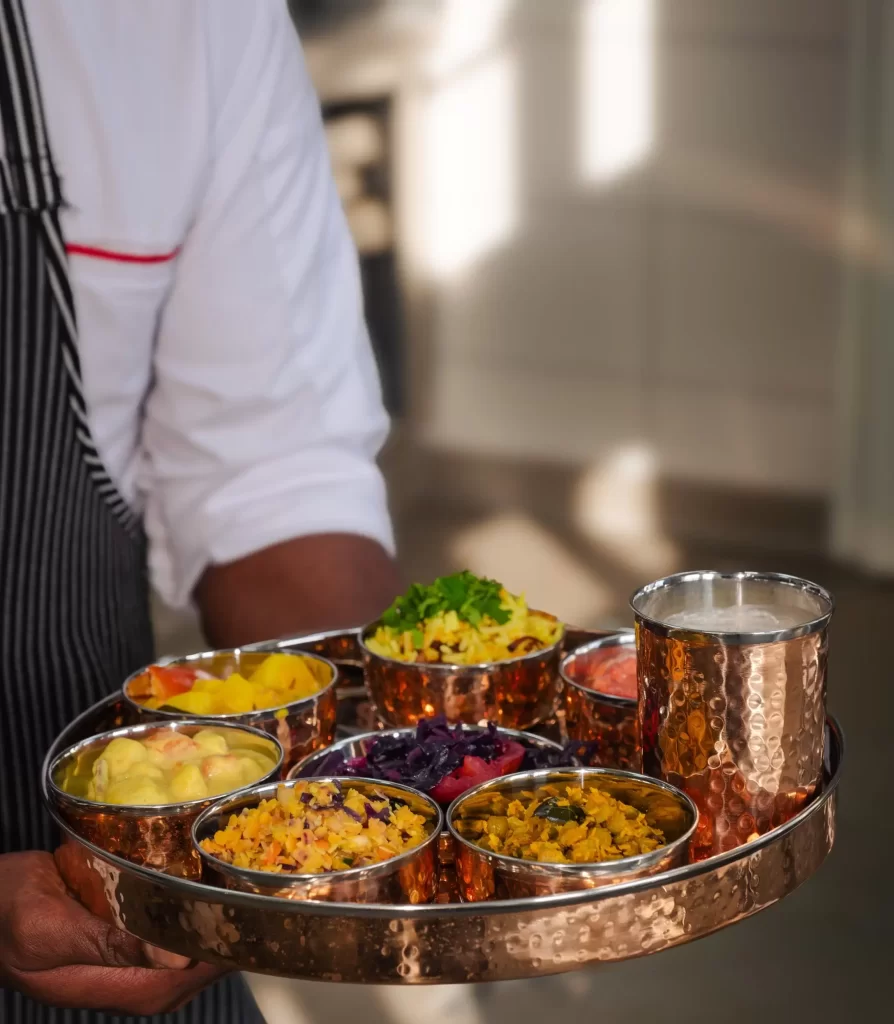


For a while now, this powerful shift in lifestyle has been compelling the German populace: what to eat and how to eat it. Clean eating has become another well-known idea, along with nutrition and wellness, with clean food markets in Berlin and wellness retreats in the Bavarian Alps that connect to nature.
The association between physical nourishment and clear thinking has stood out more and more ever since the population in the country became health-conscious. Clean eating and mindful eating were not mere buzzwords but have become the intentional way of life, often complemented by holistic practices like the panchakarma cure.
Clean eating is an approach that aims at eating whole foods in their most natural and unprocessed state. In Germany, that often means something like local farm-fresh seasonal produce, whole grains like spelt and rye, oils in their raw form, and animal products procured sustainably. It is less about anything close to perfection and more about awareness being conscious of where your foods come from and how they sustain your body.
Clean eating in Germany often corresponds with the Slow Food movement that began in Europe and encouraged people to relax, enjoy their food, support local producers, and reduce food wastage. Whether dining at home or in an Ayurvedic restaurant, it is about making choices that nourish and sustain the environment along with the individual.

While clean eating focuses on food quality, mindful nutrition brings in the experience of eating. It’s the practice of being fully present at the table aware of each bite, each flavor, each moment. In a culture where busy schedules and digital distractions are the norm, mindful eating is a gentle reminder to slow down and reconnect with your body.
Ayurveda explains certain etiquettes to be followed by a person during meal times to aid in better digestion and to beget all the benefits of the food that is consumed.
As a summary, here are some simple tips to practice mindful eating, drawn from wellness traditions and increasingly embraced in modern Germany:
1. Allow Yourself a Mindful Moment Daily: Give yourself permission to pause. Make space in your day for an uninterrupted, mindful eating moment. Step away from the rush: no electronic gadgets and disturbing noise. .
2. Put Away Distractions: Before you begin a meal, turn off the radio, silence your phone, and shut down the computer. Removing distractions allows you to focus entirely on the sensory experience of eating.
3. Take a Few Deep Breaths Before Eating: At the beginning of the meal, breathe slowly and deeply two or three times. Such a small ceremony helps to calm the mind and prepare the sense for embarking on a journey of discovery.
4. Stay in the Present Moment: When you are eating, concentrate only on food. Avoid over-thinking.
5. Look at Your Food with Fresh Eyes: Learn to perceive your food with curiosity as if you haven’t seen it before. With mindful eating, you permit yourself to truly notice color, texture, aromas and flavors without judgement.
6. One Meal a Day Mindfully: Choose one meal per day to eat mindfully-even if that’s just the first five bites. Afterward, consider what you felt and thought during the experience. These reflections help strengthen your connection with your food and your body.
Clean eating and mindful nutrition are not about stringent rules. Instead, it is about tuning in: tuning in to what sits on the plate, what is happening in the moment, and what the body, mind and soul require.